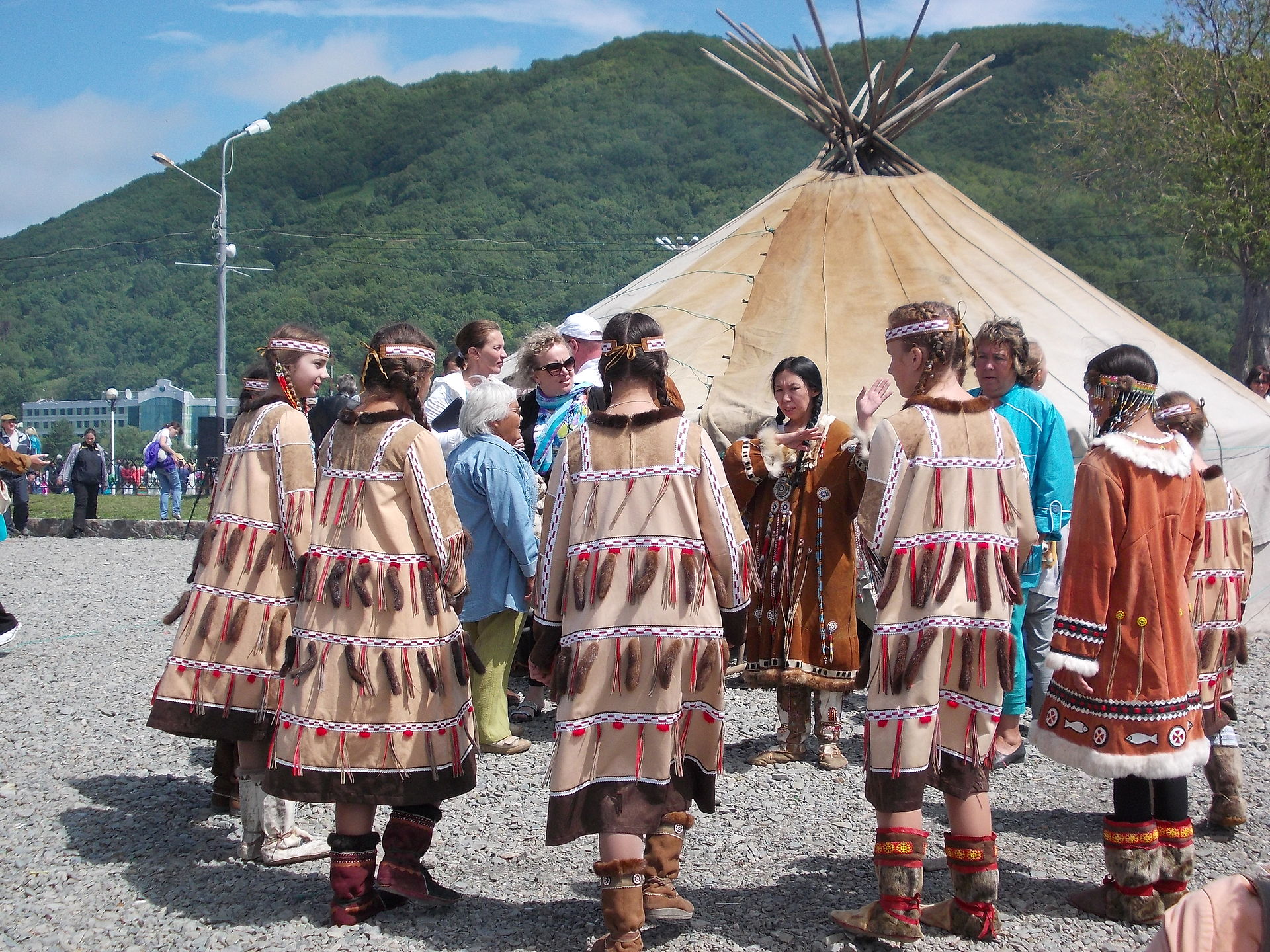
The Observatory for the Protection of Human Rights Defenders released a statement Aug. 2 urging Russia to refrain from designating groups advocating for the rights of indigenous peoples and national minorities as “extremist organizations.” The statement follows a decision by Russian authorities a week earlier to thusly classify 55 such organizations. The Ministry of Justice cited a June ruling by Russia’s Supreme Court banning “structural divisions” of the so-called “Anti-Russian Separatist Movement,” which was defined as an “international public movement to destroy the multinational unity and territorial integrity of Russia.” Involvement in the movement may result in a sentence of up to six years in prison—despite the fact that no such movement formally exists.
Human Rights Watch, however, noted that in Russia “participating in or financing an extremist organization is punishable by up to 12 years in prison.” Thus, the group members will now be susceptible to even longer prison sentences due to the official classifications. Some of the organizations now labelled as “extremist,” like the Free Buryatia Foundation, had already been designated as “undesirable” and “foreign agents” by the Russian authorities.
The Observatory stated that indigenous peoples in Russia are subject to infringement of fundamental rights, “including freedom of expression, the right to self-determination and cultural rights,” as well as being subject to “structural discrimination.” Russian law systematically excludes recognition of indigenous peoples with populations of more than 50,000 people. Larger indigenous groups, such as the Yakut (Sakha) and Komi people, are designated “ethnic minorities,” which is not a legal category, and are thus excluded from international norms protecting indigenous rights.
Indigenous groups have been particularly targeted by Russian military call-up for the Ukraine war, which has been protested by groups such as Aborigen Forum.
From Jurist, Aug. 4, Used with permission.
See our last reports on the Buryat, the Yakut, the Komi, and indigenous struggle in Russia.
See our last report on the crackdown on dissent in Russia.
Photo of Itelmen people in the Kamchatka Peninsula via Wikipedia





ECHR rules Russia ‘foreign agent’ law violates rights convention
The European Court of Human Rights (ECHR) unanimously ruled Oct. 22 that Russia’s “foreign agent” law violates key rights protected by the European Convention on Human Rights. The court ordered Russia to compensate the applicants up to 10,000 euros. The group of applicants was led by youth activist Temur Kobaliya. (Jurist)